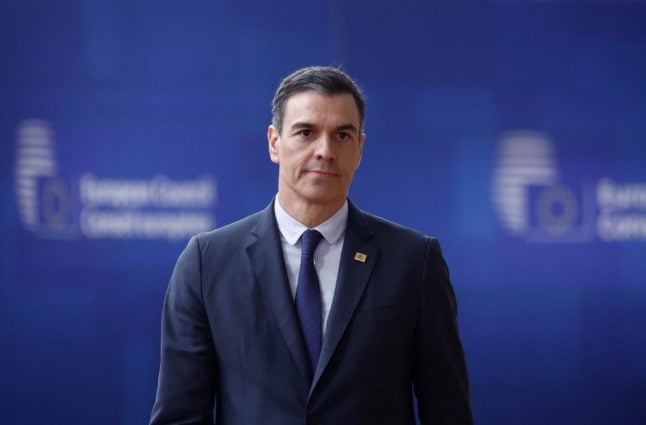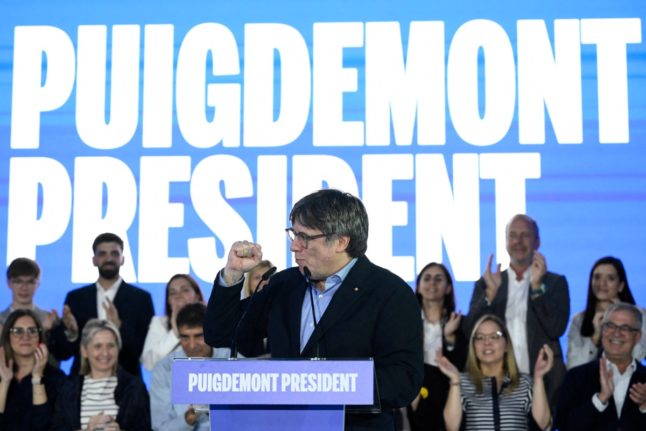Sánchez revealed that José Manuel Miñones will take over as Health Minister from Carolina Darias, who has announced her candidacy for the mayor of Madrid.
Meanwhile, Héctor Gómez will also replace Reyes Maroto, who is in the running to become mayor of Las Palmas, as the Minister for Industry and Tourism.
This is part of the reshuffle of the Spanish government prior to the regional and municipal elections on May 28th.
The announcement was given in an institutional statement from La Moncloa on Monday March 27th.
🔴 #ÚltimaHora Héctor Gómez, nuevo ministro de Industria y Comercio, y José Manuel Miñones, de Sanidad.
— La Vanguardia (@LaVanguardia) March 27, 2023
Gómez, deputy for Santa Cruz de Tenerife, is currently president of the Constitutional Commission of the Congress of Deputies. He will be the substitute for Maroto as the head of the Ministry of Industry, Tourism and Commerce. Miñones, the government delegate in Galicia, will be the new Minister of Health.
Sánchez, who has already communicated these changes to King Felipe VI, has stuck to his commitment to only to replace the two outgoing ministers. Gómez and Miñones will be sworn into their new posts this Tuesday, March 28th and will join the Spanish cabinet that same day.
In his statement, Sánchez praised the work of the outgoing ministers Darias and Maroto in “difficult” times due to the pandemic and the war in Ukraine.
He also assured that their replacements “know the industries they work in very well and will be able to carry out their tasks”, which “their experience and qualities guarantee”. “They are two excellent public servants with an impeccable track record and an unwavering commitment to defending the general interest,” Sánchez added.
Gómez was already part of Maroto’s team in the Ministry and has been a spokesman for the PSOE in Congress, while Miñones has a degree in pharmacy and a prize awarded by the University of Santiago de Compostela for several published medical investigations.
Sánchez kept his promise to announce the new replacements before April 4th, before starting an intense schedule of international trips, including to China.
READ ALSO: Spanish PM to visit China next week
The PM also praised Maroto’s work since she first entered his government in 2018 because “her drive” has been “key” to reindustrialise the economy, boost trade and “modernise one of the main sectors that suffered so much from the pandemic”, which was tourism.
He also stressed that the current war in Ukraine has left “consequences” that have been “an unprecedented challenge” and Maroto “has always worked to find adequate solutions” to these problems.
With regards to Darias, who took over from Salvador Illa in January 2021 after serving as Minister of Territorial Policy and Public Function, Sánchez stressed that her work has been “fundamental to definitively leaving the pandemic behind”. “Her name will always be linked to the success of the vaccination campaign” for which Spain has been a “reference”, he added.
Among some of her successes have been the hiring of 90,000 health professionals since the PM started governing.
“I will always keep in my memory the presentation of the first mental health plan”, he continued, and mentioned the launch of the hope telephone number, 024, which has already answered “more than 80,000 calls” and has alerted authorities to “more than 2,000 people at risk of suicide”.
“The data is eloquent and speaks for itself when it comes to assessing the management of both ministers,” he concluded.



 Please whitelist us to continue reading.
Please whitelist us to continue reading.
Member comments